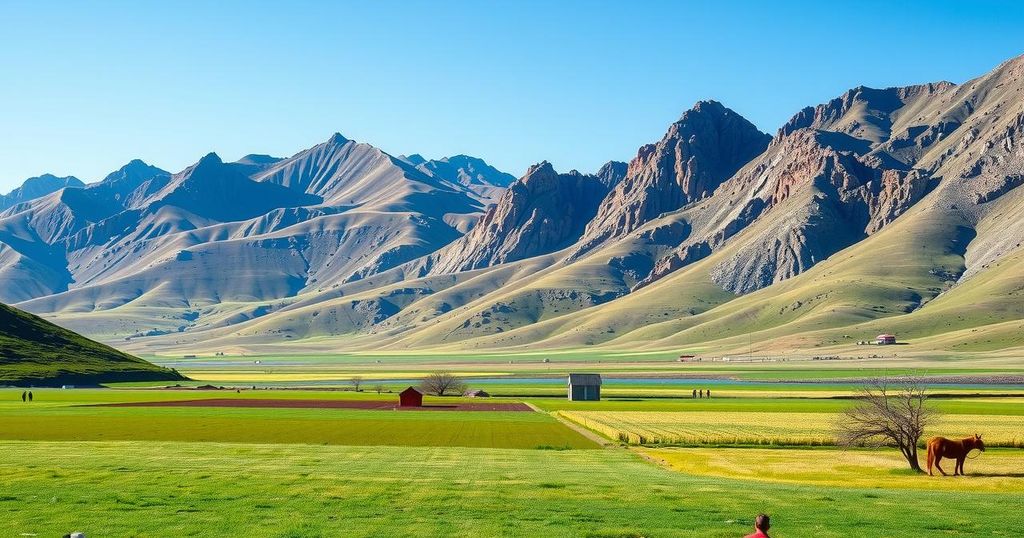Human Rights Watch has urged Kyrgyzstan and Tajikistan to focus on human rights in their recent border agreement, advocating for justice for war crime victims and the need for investigations into past violations. The deal, signed in March 2025, aims to resolve a long-standing territorial dispute while ensuring local populations’ access to resources and services.
Human Rights Watch (HRW) has called for Kyrgyzstan and Tajikistan to prioritize the human rights of local populations in their recent border agreement addressing a protracted border dispute. The organization emphasized the importance of ensuring justice for victims of war crimes resulting from the 2022 conflict between the nations.
HRW urged both countries to undertake thorough investigations into alleged violations of human rights and international humanitarian law, along with promoting initiatives to foster respect for human rights, such as tackling hate speech. Hugh Williamson, HRW’s Europe and Central Asia director, stated that “long-lasting peace will require rebuilding trust based on respect for human rights between border communities and reckoning with the injustices committed during past conflicts.”
Following the 2022 conflict, which resulted in at least 37 civilian deaths and significant displacement, both Kyrgyzstan and Tajikistan have faced war crime allegations. The two nations, signatories to Additional Protocol I of the Geneva Conventions, are bound to prevent the targeting of civilians.
On March 13, 2025, the border deal was signed by both leaders and ratified by their parliaments, effectively reopening the 1,000 km border and concluding a long-standing dispute. The agreement mandates mutual resource sharing, demilitarization, and equitable territorial exchanges while HRW insists on its enforcement to ensure local access to essential services like education, water, and housing.
United Nations Secretary-General António Guterres lauded the agreement as a “historic achievement.” The border dispute remains complex, stemming from a lack of official demarcation post-Soviet independence, leading to violence over essential farming resources in both nations, particularly highlighted by the large-scale unrest in 2021.
In summary, Human Rights Watch urges Kyrgyzstan and Tajikistan to prioritize human rights in their border deal, calling for justice for past war crimes and respect for local populations. The significant agreement, celebrated by the UN, seeks to address long-standing issues while ensuring access to vital resources and services. Lasting peace hinges on the commitment to uphold human rights and heal relationships among communities affected by previous conflicts.
Original Source: www.jurist.org






